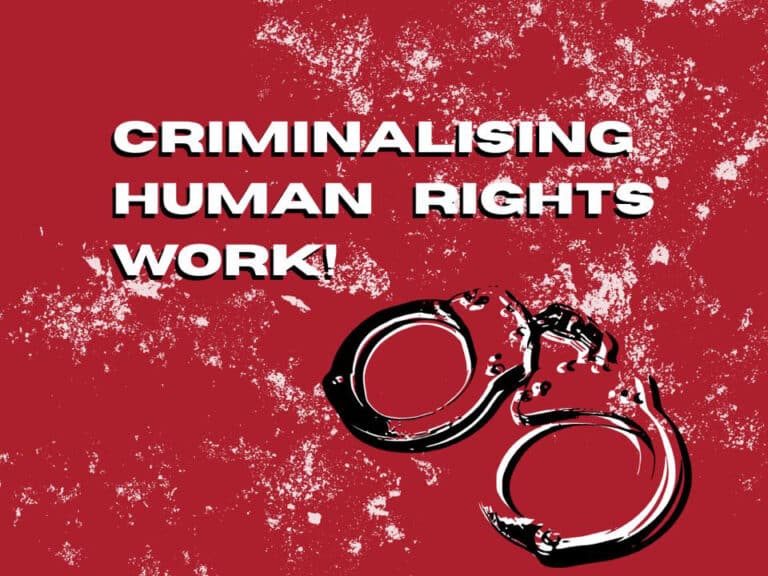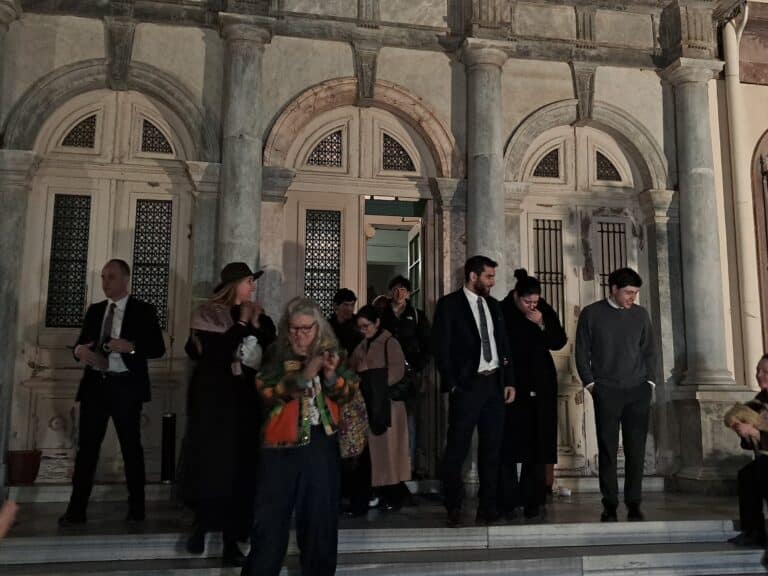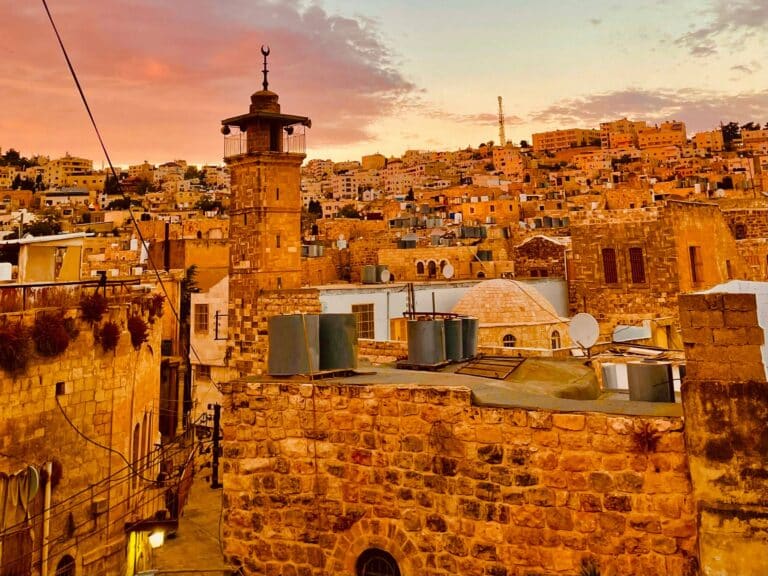 CPT’s Iraqi Kurdistan team released its latest report, “Disrupted Lives: The Effects of Cross-border Attacks by Turkey and Iran on Kurdish Villages,” in a 31 May press conference in Suleimaniya, Iraqi Kurdistan.
CPT’s Iraqi Kurdistan team released its latest report, “Disrupted Lives: The Effects of Cross-border Attacks by Turkey and Iran on Kurdish Villages,” in a 31 May press conference in Suleimaniya, Iraqi Kurdistan.
“Disrupted Lives,” available in Kurdish and English (https://goo.gl/O9EQf), details the effects of cross-border bombing and shelling attacks by Turkey and Iran in the Pshdar district of Iraqi Kurdistan over the course of 2011.
Both Turkey and Iran conduct ongoing attacks that have displaced villagers in the border regions every year since 2006. While they claim the attacks are necessary to combat guerrilla groups that operate along the borders, civilians pay a heavy toll. Villagers have been injured and killed in the attacks.
During bombing and shelling, villagers flee their homes to the relative safety of Internally Displaced Person camps where they have limited access to fresh foods, clean water and proper hygiene. Crop and livestock loss and property damage bring economic hardship.
Children, too, are victims of the cross-border operations. They are more vulnerable to disease in the camps and susceptible to psychological trauma from witnessing bombing and shelling. Several schools were hit by shells, rendering them unfit for use and forcing children to walk over two hours each day to attend class.
The press conference, held in the courtyard of Suleimaniya’s Culture Cafe, drew representatives from eight news agencies and independent journalists. Community leader, Bapir, representing 25 villages along the borders, urged people not to forget Qandil, a mountainous region of Kurdistan. He warned that damaging the mountains and mountain villages threatens an integral part of Kurdish identity, and called on the Kurdish Regional Government to seek a solution.
The team – which had already presented its report to officials at the Turkish, Iranian and French consulates in Iraqi Kurdistan – stressed the need for cooperation between villagers, local and international organizations and the media in order to bring the government’s attention to the villagers’ needs, and eventually, an end to the attacks.
See “Where There is Promise, There is Tragedy,” (https://goo.gl/503J8) for more comprehensive resources on the background and history of the cross-border attacks.



